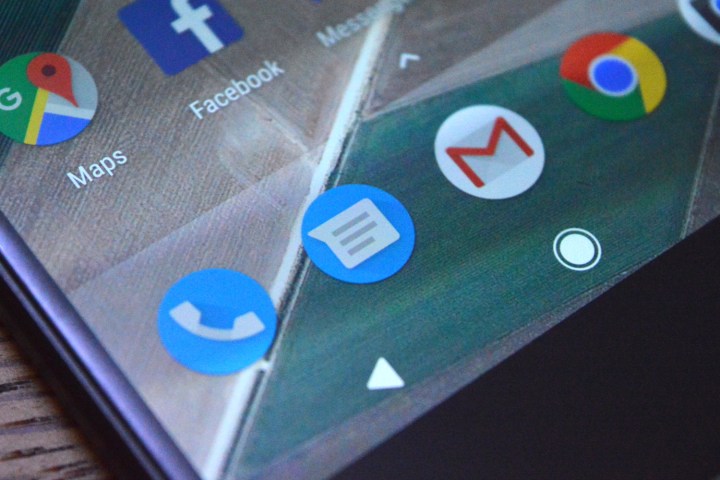
Many of those carriers run an older version of RCS that’s only partially compatible with Google’s Universal platform, but the search giant’s aim is to unify the service to offer a “consistent” service that works with non-Android phones as well.
So what exactly is RCS? It’s text messaging modernized to be on par with IP-based messaging systems like Facebook Messenger, iMessage, and Google’s Allo. RCS implementation in SMS clients means apps can recognize and display when someone is typing and transmit videos and images up to 100 times larger than multimedia text messaging (MMS). It also features read receipts, high-resolution photo-sharing, and robust group messaging, such as the ability to name them, as well as add members or leave groups.
Google’s only app that supports RCS at the moment is Google Messenger — the default texting application on some Android phones. Sprint is the first carrier to support Google’s Universal RCS platform, and Sprint will also preinstall Messenger on
For Rogers, the second and latest carrier to support the Universal RCS platform, you’ll also need to use Google Messenger to make use of the new service.
“We’re beginning to roll out the enhanced messaging experience today, and it will be available to all Rogers customers soon,” writes Amir Sarhangi, Google’s head of RCS.
Sarhangi also says Rogers will “preload Messenger as the standard messaging app for new Android devices” in 2017.
The trick is to get carriers like T-Mobile to move away from its own RCS platform and switch to Google’s. The search giant says RCS will launch with more partners in the coming months.
